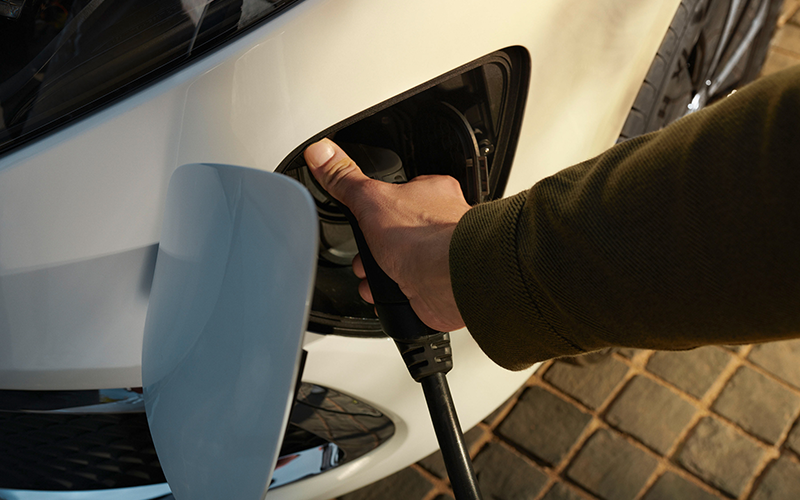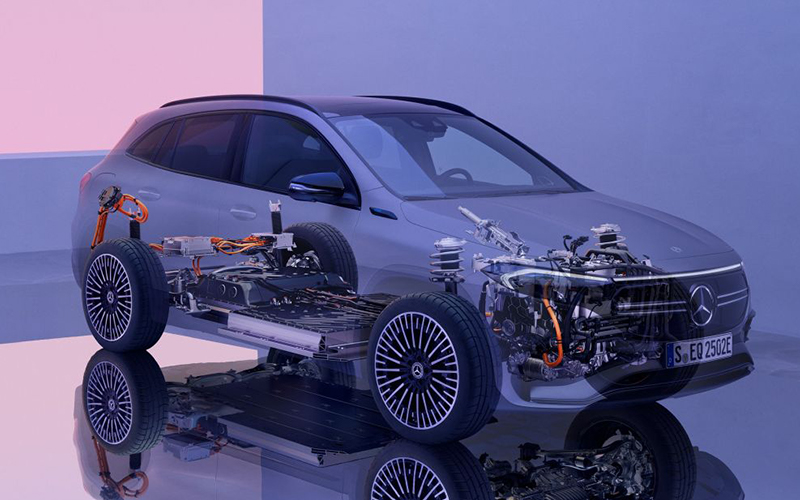Ten years ago, electric vehicles were mainly on the agendas of a small group of brands who had a focus on electric vehicles. Today, there are many brands who are catching up rapidly; Audi, BMW, Mercedes-Benz Hyundai, Kia, Renault and Volkswagen are all significant players in the EV space.
In parallel, new innovators have arrived to provide EV charging, such as Ecotricity, Gridserve and Instavolt, with little sign of the traditional oil companies as we adapt to new ways of refuelling our vehicles. Now that's all set to change.
According to BP, the share of oil in transport is likely to peak towards the end of the 2020s. Although it could remain at 80% in countries that continue with internal combustion, its use could fall to as little as 20% by 2050 in countries with net-zero targets, such as the UK.
It therefore goes without saying that oil companies are concerned about their future revenue. Many will switch to refining carbon-neutral synthetic fuels by 2050, but giants such as BP and Shell are now becoming major players in the EV charging field, just as established car makers are taking over the EV market.
The oil giants' move into EV charging has been warmly received in many quarters.
For instance, UK transport minister Rachel MacLean told Autocar: "The government envisions a market-led, self-sustaining network of charging infrastructure that's accessible, reliable and affordable for all drivers. We welcome the investments made by BP and Shell as we work towards meeting our ambitious net-zero commitments"
It has also been welcomed by users, according to Ben Lane, the joint-managing director of Zap-Map. "I think it's really good news for the EV sector that the big oil companies are making a move in the direction of EV," he told Autocar."I think they've been a little bit slow off the mark, primarily because to an extent they're going to be cannibalising their own business models.
"But I think the forward looking oil companies now realise that the writing is on the wall for the internal combustion engine to different degrees in different markets. More than 10% of all new cars sold in the UK last year were plug-in cars, so the market is shifting, and they need to respond to that.
"What's really good to see from BP and Shell is that they're actually putting substantial investments into infrastructure, and the quality of their product is really good."


